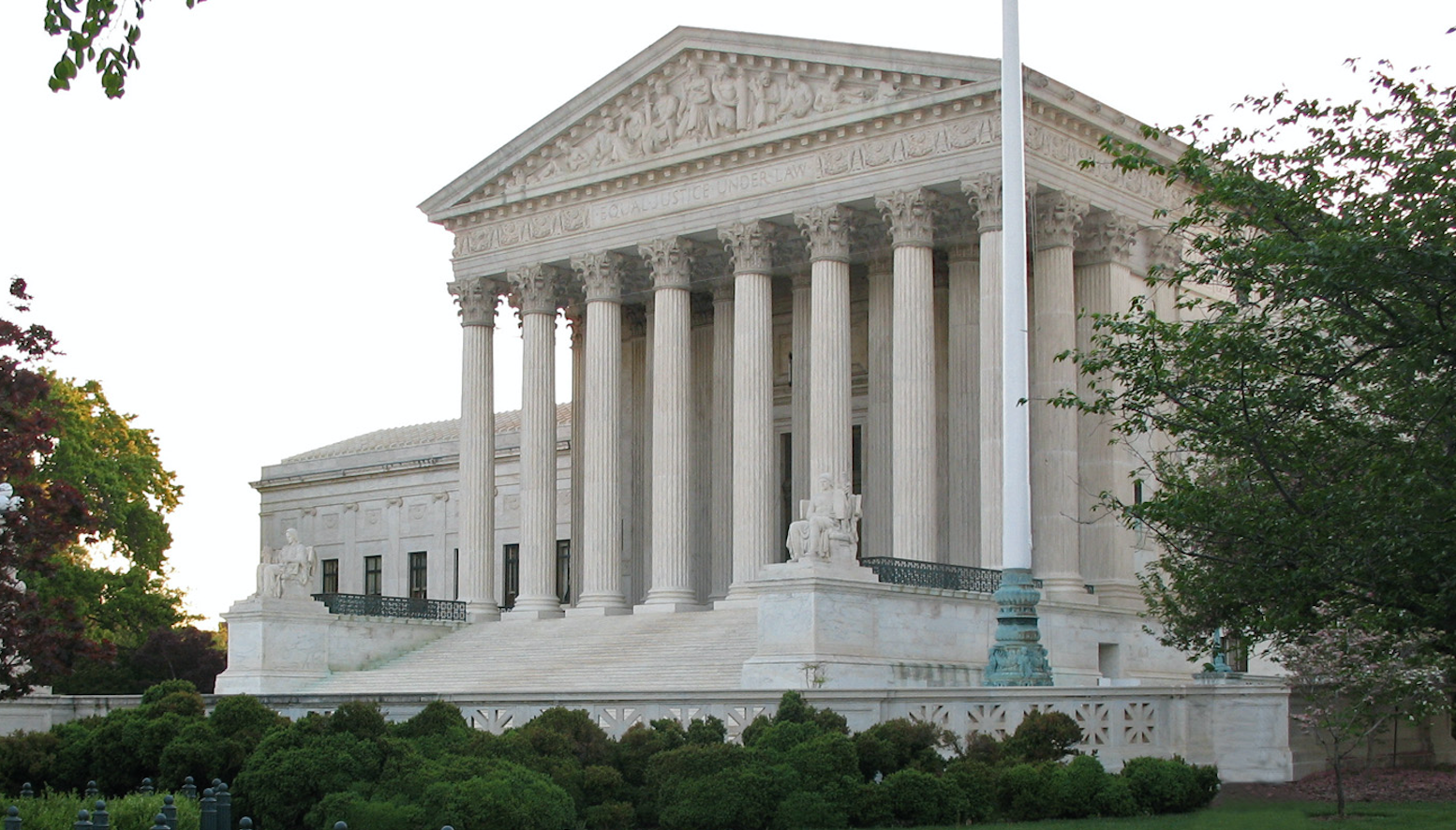In the case Michigan vs. Environmental Protection Agency, the Supreme Court has ruled in favor of Michigan with a vote of 5-4. The court did not strike down the rule, but said that the EPA would need to rewrite the rule and take implementation costs into consideration.
The Clean Air Act authorizes the EPA to regulate emissions of hazardous air pollutants from refineries and factories, only if it concludes that “regulation is appropriate and necessary” after studies are conducted to provide evidence of public health hazards posed by power plant emissions.
In the case of Michigan vs. Environmental Protection Agency, the EPA found that regulation was “appropriate” because controls capable of reducing emissions that posed risks to public health and the environment were available but not being used. Furthermore, the EPA found regulation “necessary” because other Clean Air Act requirements did not eliminate these risks.
With the cost of implementation higher than the benefits, the decision was made in favor of Michigan.
According to ruling, “The Agency refused to consider cost when making its decision. It estimated, however, that the cost of its regulations to power plants would be $9.6 billion a year, but the quantifiable benefits from the resulting reduction in hazardous-air-pollutant emissions would be $4 to $6 million a year.”
Justice Antonin Scalia wrote for the majority that, “It is not rational, never mind ‘appropriate’, to impose billions of dollars in economic costs in return for a few dollars in health or environmental benefits.”
Michigan’s Attorney General Bill Schuette stated it was a “victory for family budgets and job creation in Michigan. The court agreed that we can and must find a constructive balance in protecting the environment and continuing Michigan’s economic comeback.”
“We don’t have to choose between a healthy economy and a healthy environment. Our action will sharpen America’s competitive edge, spur innovation and create jobs”, said EPA Administrator Gina McCarthy. How the EPA will change its approach to regulating Michigan power plants remains to be seen. Yet, we shouldn’t forget at the end of the day that we are fighting for the same thing: a safe and prosperous community to live and thrive in.








